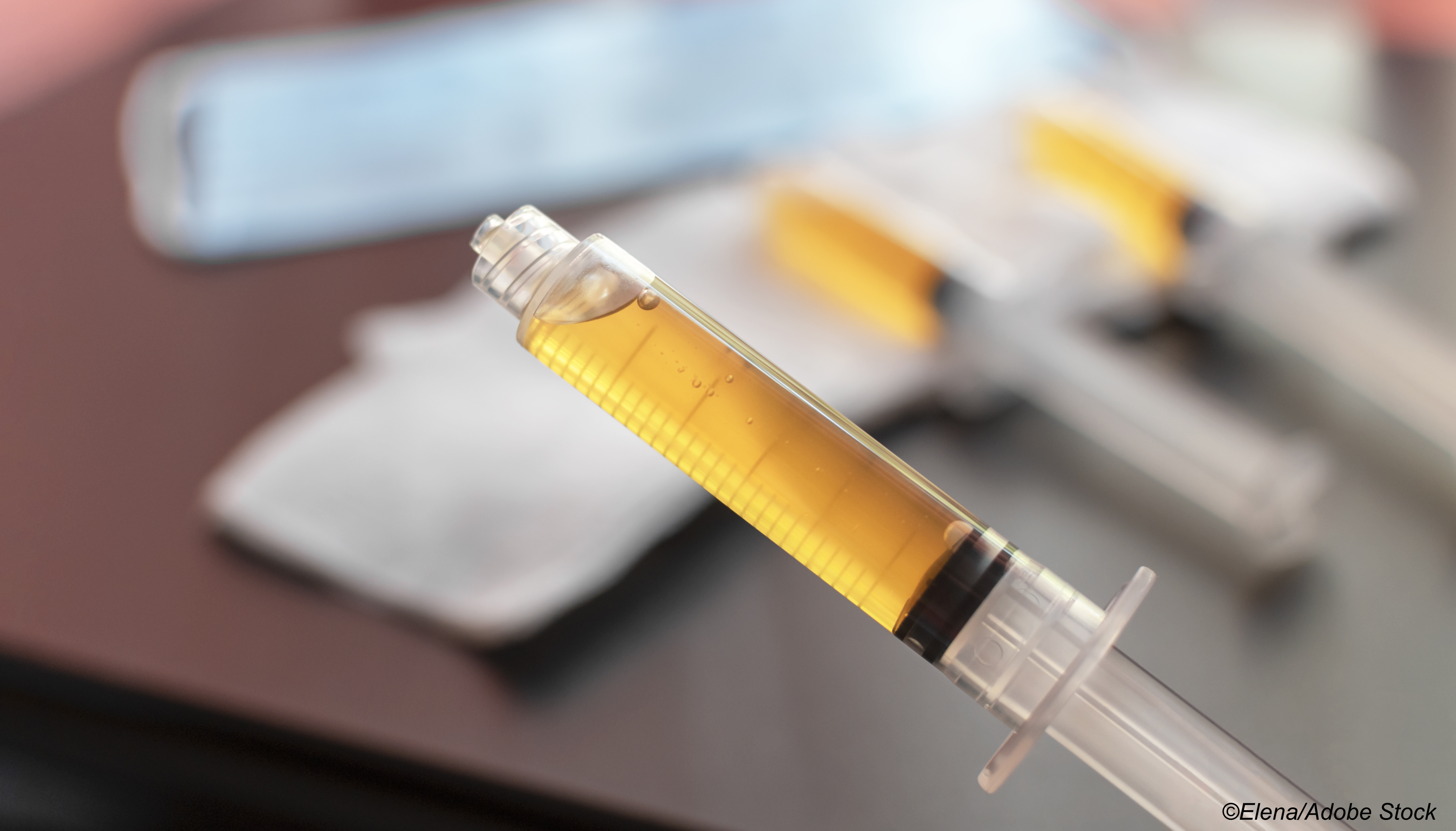The World Health Organization has issued a strong recommendation against the use of convalescent plasma for the treatment of Covid-19 in patients with both mild and severe disease.
In updated guidelines, published December 7 in the journal BMJ, WHO’s Guidelines Development Group (GDG) concluded that the existing literature shows “no clear benefit for critical outcomes such as mortality and mechanical ventilation for patients with non-severe, severe, or critical illness, and significant resource requirements in terms of cost and time for administration.”
The advisory group did conclude, however, that convalescent plasma may be warranted in the very specific context of randomized clinical trials involving patients with severe or critical disease, due to “sufficient uncertainty” about the treatment’s usefulness in this setting.
Convalescent plasma was widely promoted early in the Covid-19 pandemic by the Trump administration as a potential game-changing treatment for the disease.
Despite a lack of scientific evidence showing infusions of antibody rich plasma from patients who had recovered from Covid-19 to be beneficial, the U.S. Food and Drug Administration issued an Emergency Use Authorization (EUA) for the treatment in late August 2020. In a press release announcing the move, then Health and Human Services Secretary Alex Azar called the EUA “a milestone achievement in President Trump’s efforts to save lives from Covid-19.”
Early this year, the FDA revised its guidance to severely limit the use of convalescent plasma to patients hospitalized with Covid-19 early in the disease course, based on findings from newly available clinical trials.
The WHO committee based its latest guidance on a meta-analysis of 16 randomized clinical trials involving a total of 16,236 patients with non-severe, severe, or critical Covid-19.
Pooled data from four of the trials involving 1,602 patients with non-severe illness showed “no important impact on mortality” (odds ratio [OR] 0.83; 95% CI, 0.43-1.46), with an absolute difference of one fewer death per 1,000 patients (95% CI, 2 fewer to 1 more) (high certainty evidence), wrote writing committee member Amav Agarwal, MD, of McMaster University, Ontario, Canada, and colleagues.
In addition, the studies in patients with non-severe disease showed no impact on mechanical ventilation (OR 0.71; 95% CI, 0.18- 1.77), with an absolute difference of two fewer patients needing mechanical ventilation per 1,000 patients (95% CI, 5 fewer to 5 more).
Pooled data from 10 randomized controlled trials involving 14,366 patients with severe disease showed convalescent plasma to have “a small or no effect on mortality” (OR 0.92, 95% CI 0.70-1.12), with an absolute difference of nine fewer deaths per 1,000 patients (95% CI, 35 fewer to 13 more). Evidence certainty was low due to concerns regarding indirectness, risk of bias and imprecision.
No important impact was seen on mechanical ventilation (623 patients, 5 RCTs; OR 0.92, 95% C, 0.46-1.68: 6 fewer per 1,000, 95% CI 45 fewer to 50 more), time to symptom resolution (472 patients, 3 RCTs; mean difference [MD] 0 fewer days, 95% CI 10.4 fewer to 33.6 more), length of hospital stay (1,015 patients, 7 RCTs; MD, 0.7 fewer days, 95% CI 2.3 fewer to 1.0 more) or ventilator-free days (2,859 patients, 3 RCTs; MD 0.7 fewer days, 95% CI 1.8 fewer to 0.4 more) (all low certainty evidence).
The majority of subgroups did not have sufficient data across outcomes to conduct subgroup analyses.
“Of those that did, we found no significant subgroup effects for severity of illness (P=0.80) or age (P=0.84) on mortality, and for severity of illness (P=0.17) on mechanical ventilation,” the report noted.
The convalescent plasma recommendations were published in the 7th version of the WHO living guideline on the treatment of Covid-19.
The Guideline Development Group included 22 members, including 20 “content experts” made up of clinicians, methodologists, and scientists, and two former Covid-19 patients.
Prior treatment recommendations from the committee include:
- A strong recommendation for the use of systemic corticosteroids for patients with severe and critical disease, specifically the monoclonal antibody interleukin-6 receptor blockers (tocilizumab or sarilumab).
- A conditional recommendation for the use of casirivimab and imdevimab in the treatment of patients with non-severe disease at the highest risk of progressing to severe disease.
- A conditional recommendation against the use of systemic corticosteroids in patients with non-severe disease.
- A conditional recommendation against the use of remdesivir regardless of Covid-19 disease severity.
- A strong recommendation against hydroxychloroquine and lopinavir/ritonavir in addition to usual care.
- A strong recommendation against use of ivermectin, “except in the context of a clinical trial,” regardless of disease severity or duration of symptoms.
-
The World Health Organization issued a strong recommendation against the use of convalescent plasma for the treatment of Covid-19 in patients with both mild and severe disease.
-
In updated guidelines, WHO’s Guidelines Development Group concluded that the existing literature shows no clear benefit for critical outcomes such as mortality and mechanical ventilation.
Salynn Boyles, Contributing Writer, BreakingMED™
This analysis of the data was conducted by the World Health Organization Guideline Development Group. No specific funding was provided for this guideline, with MAGIC providing pro-bono contributions and support to WHO in the context of the Covid-19 pandemic. The WHO, MAGIC, and BMJ judged that no GDG member had any financial conflict of interest.
Cat ID: 190
Topic ID: 79,190,730,933,190,926,192,927,151,928,925,934



